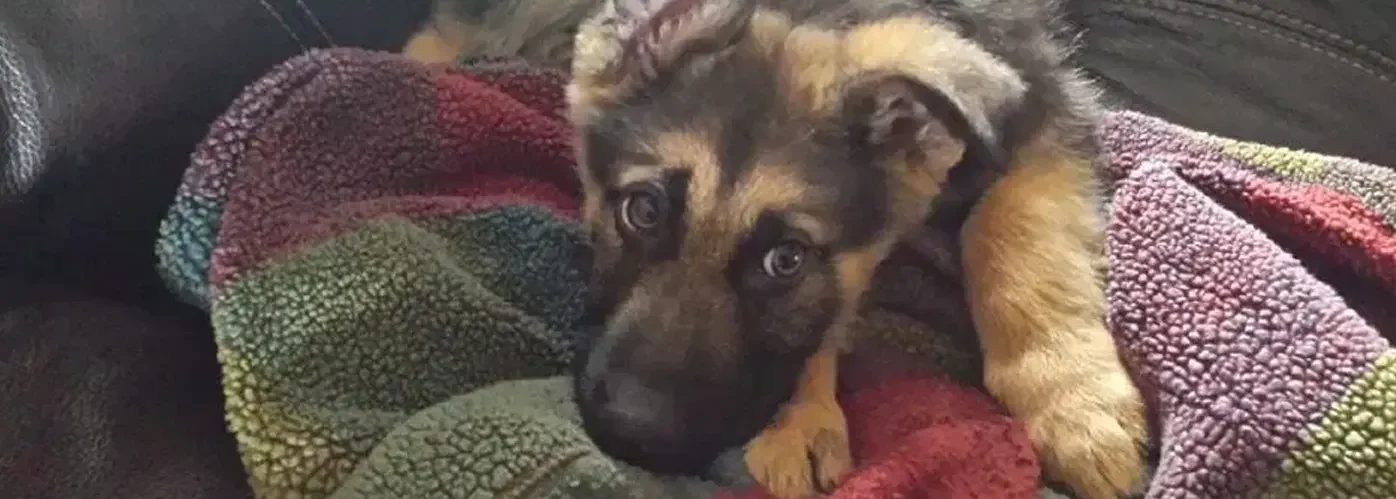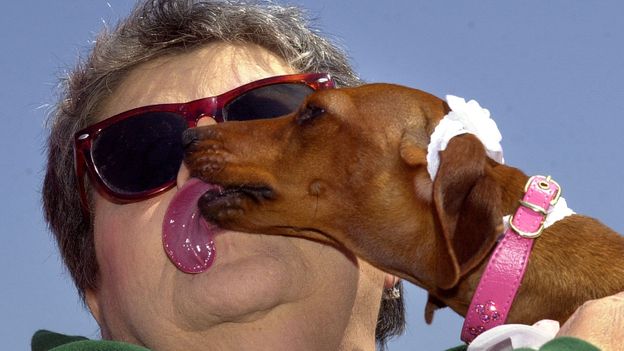The other is that these little mammalian animals will chew all the things, no matter of what it really is designed of. Several species have tooth that mature frequently, and will have to be worn down in circumstance they get much too extended.
It is really considerably less typical for dogs and cats to chew wires, but when they do, it is usually because they’re bored or get pleasure from the appealing texture in their mouth. It is really also normal for numerous animals to chew on matters instinctively as a way of exploring them.
But regardless of these regular grievances, Serpell thinks our animals are overwhelmingly effectively-tailored to existence with individuals. “The detail that stands out for me is how couple big behaviour challenges they have, which is a testament to how perfectly they have managed to adapt to demands,” he claims. If you happen to be not convinced, he details out that residing with a wildcat or wolf would be drastically extra problematic.
In reality, it would seem that a lot of of the so-termed aggravating habits that our animals have are just adaptations to human beings.
“[Pet] animals are just like humans actually, we carry out a entire evolutionary record with us,” says Viranyi, who details out that our prerequisites have been shifting so fast, it truly is tough for them to maintain up. “Transferring the animals into this artificial city surroundings – we stay below situation that are distinctive to the types they evolved in.” Traditionally, these behaviours have been practical, but things have now changed and we have made the decision we will not want them.
Just one instance is the border collie, which was initial bred at the Anglo-Scottish border for herding sheep. “They have an inexhaustible urge for food for this,” claims Serpell. “And if you don’t give them sheep to herd, they are going to discover other issues to do, which can be really disruptive in a type of urban or suburban household context.” Urban border collies may attempt to herd kids or produce obsessive fetching behaviours – they are effectively-adapted to what they ended up bred for, but it can be hard to retain them occupied if that is not what you want from them.
“So there is all sorts of form of ramifications when we consider these animals that we have picked specific types of conduct for many generations, and then we generally arbitrarily make a decision at some point that we no longer want them to do that any more,” says Serpell.
For extra slight annoyances, comprehending wherever our pets’ patterns come from may possibly assistance us to reframe them as what they are – interesting ghosts from the previous, relatively than individuality flaws to be eradicated.
Zaria Gorvett is a senior journalist for BBC Upcoming and tweets @ZariaGorvett
—
Join a single million Future supporters by liking us on Fb, or abide by us on Twitter or Instagram.
If you liked this story, indicator up for the weekly bbc.com attributes newsletter, referred to as “The Crucial Checklist”. A handpicked selection of tales from BBC Foreseeable future, Lifestyle, Worklife, and Vacation, delivered to your inbox every Friday.





